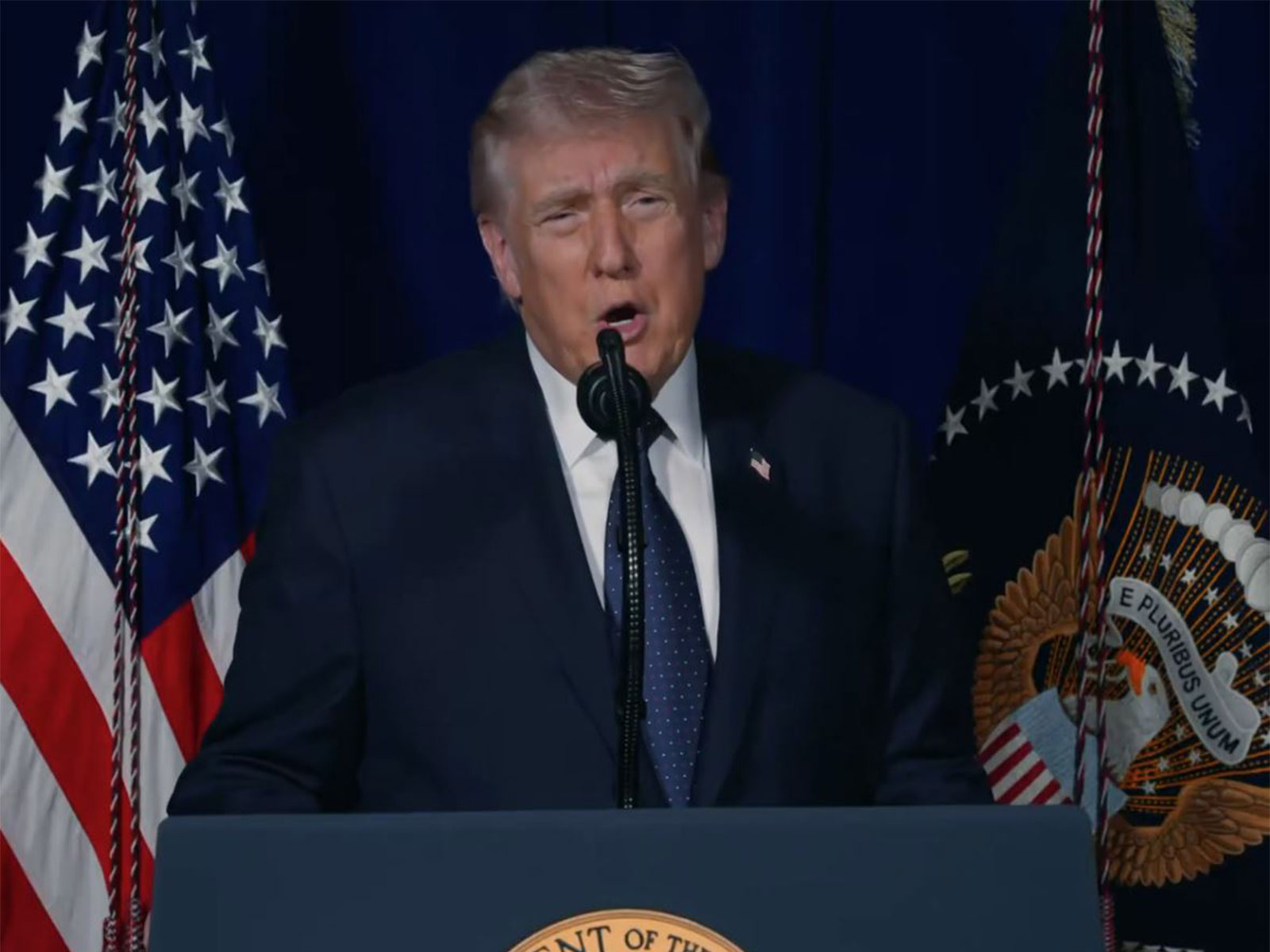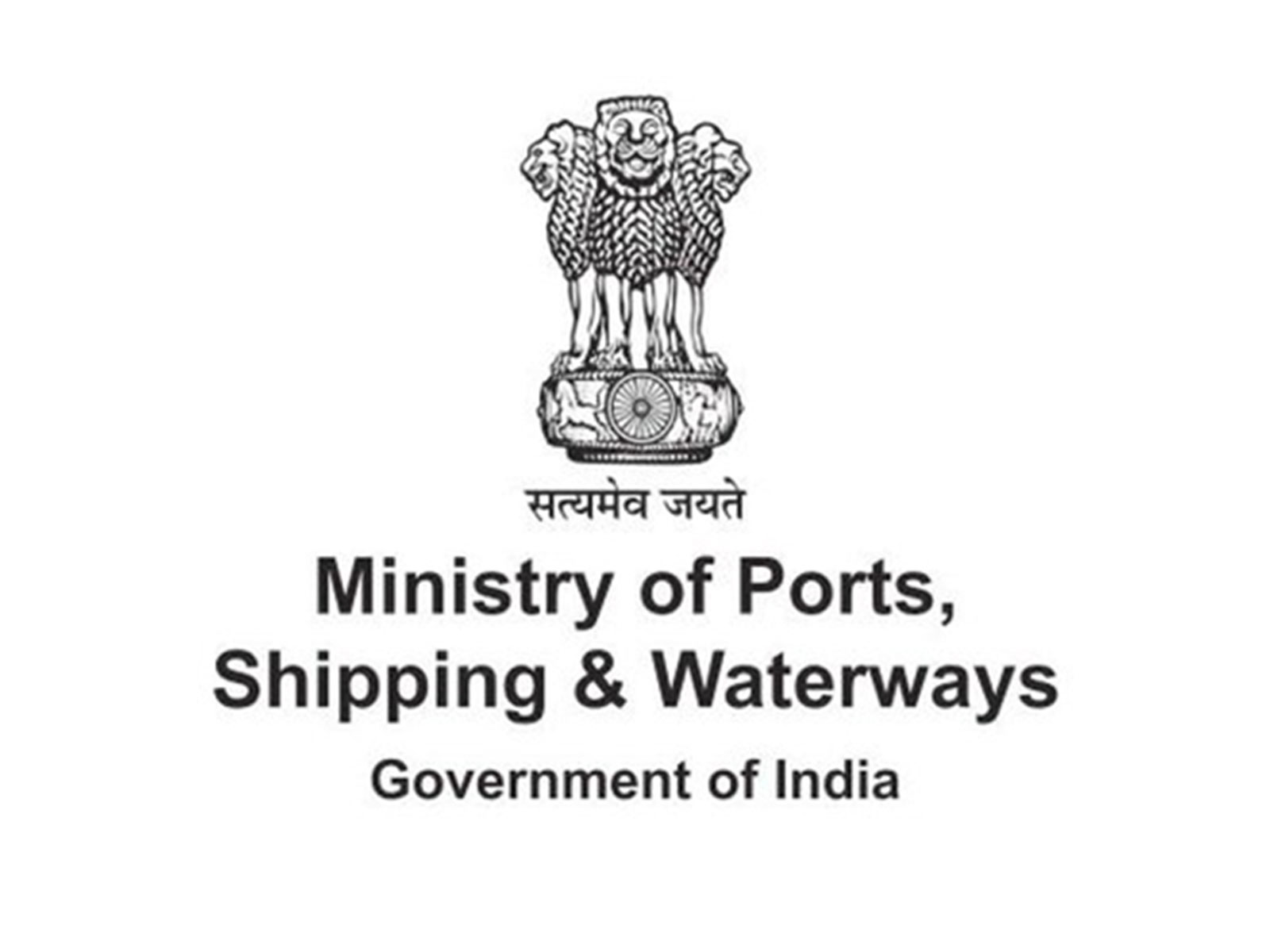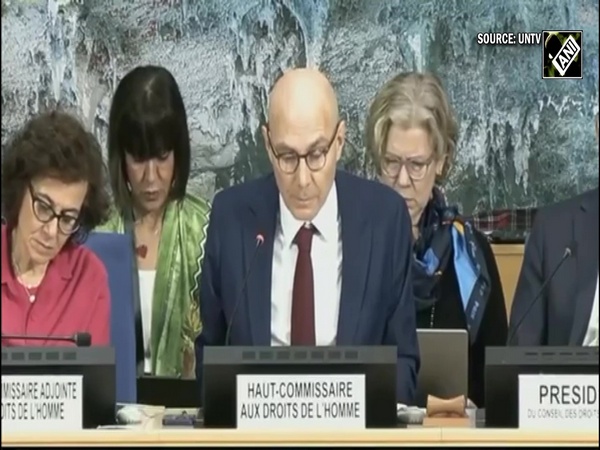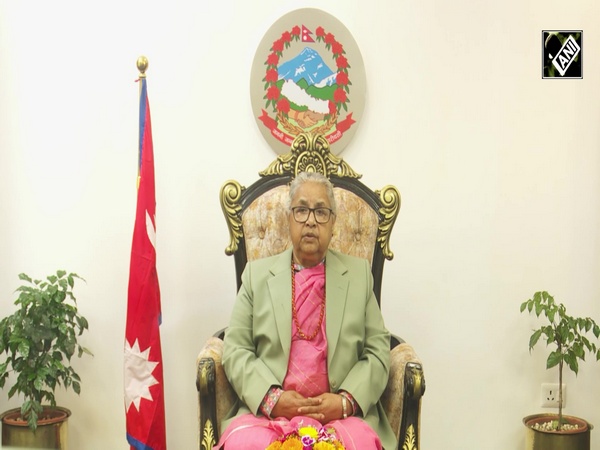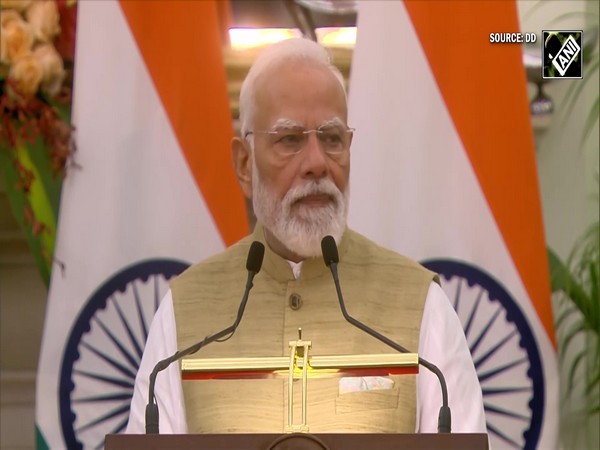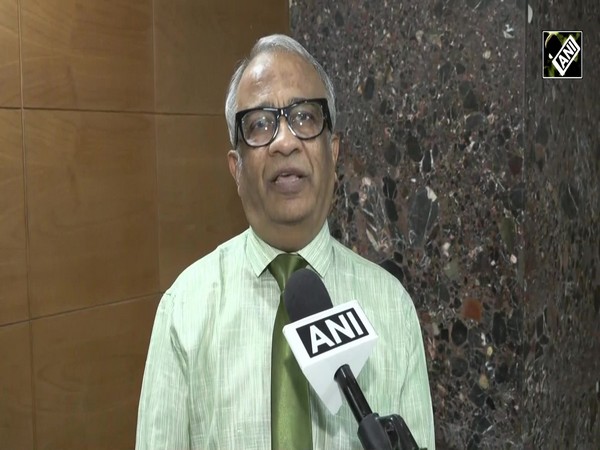China accused of coercive diplomacy as Ex - Deng aide threatens UK over controversial London Embassy plan
Oct 22, 2025
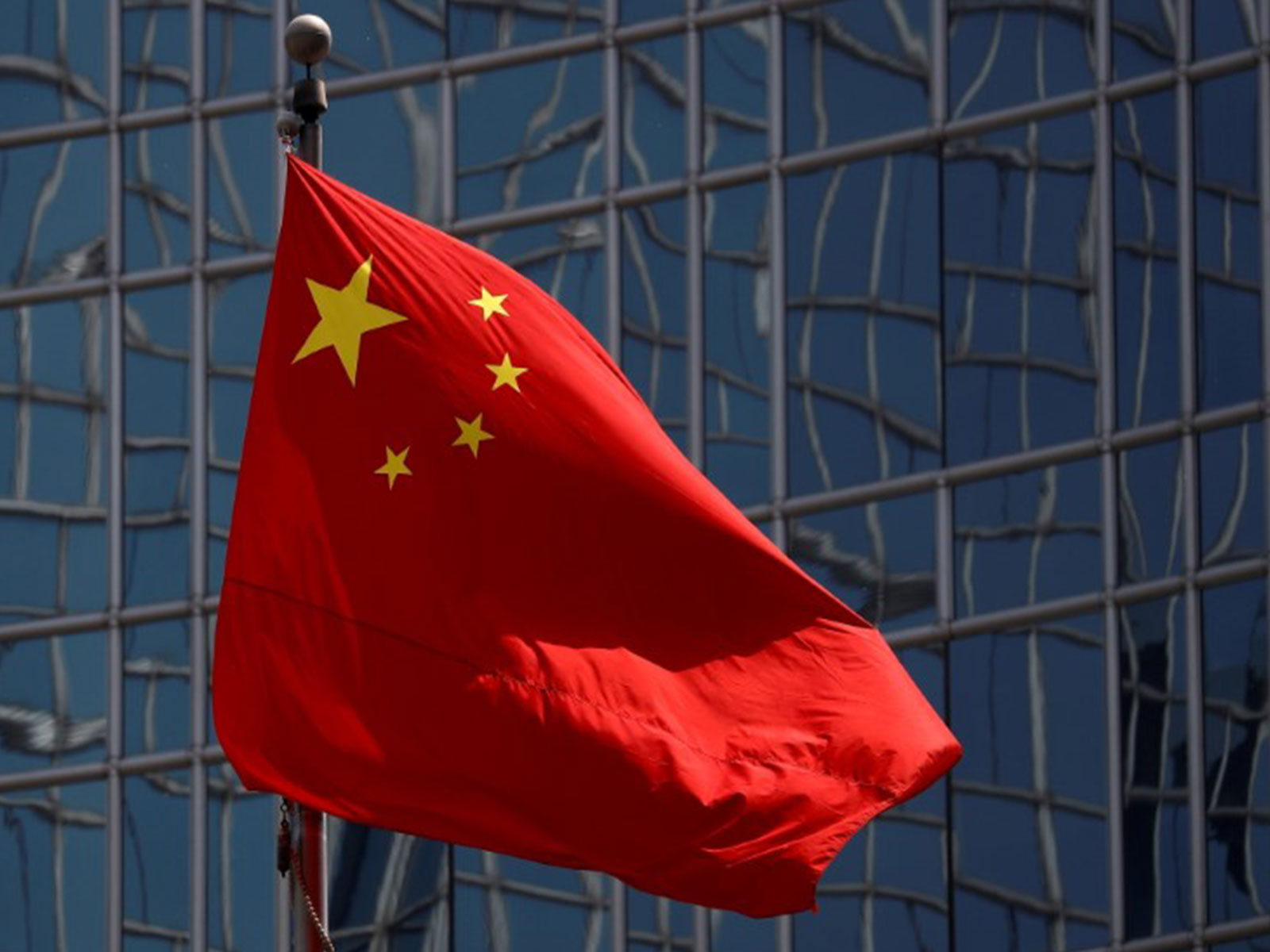
London [UK], October 22 : Victor Gao, who once served as a translator for late Chinese leader Deng Xiaoping and is known for promoting Beijing's political stance, has sparked criticism after issuing a veiled threat to the United Kingdom over its hesitation to approve China's proposed new embassy in London. As reported by Phayul, Gao warned that China would retaliate by denying Britain access to its embassy site in Beijing if the UK blocks the project.
Speaking to Times Radio, Gao said he hoped the British government would avoid "antagonising a major global economy and military power," a statement interpreted as an attempt to pressure London through fear rather than dialogue. When asked whether Prime Minister Keir Starmer would still be welcomed in Beijing should the UK stop the embassy plan, Gao bluntly remarked that the British leader "would be wise not to do so."
The controversy comes amid rising tensions surrounding China's plan to build a massive embassy complex in London's Tower Hamlets, which has faced backlash from residents, lawmakers, and security experts over espionage concerns.
The proposed site, which is set to become China's largest embassy globally, has faced backlash from residents and national security experts who express concerns that it could present an espionage threat. Senior Conservative MPs, such as Foreign Affairs Committee Chair Alicia Kearns and Security Minister Tom Tugendhat, have openly called on the government to reject the application due to security and community apprehensions. Kearns previously cautioned that the embassy's proximity to vital infrastructure and local housing could facilitate intelligence gathering, while Tugendhat has labelled the initiative a potential "national security hazard," as reported by Phayul.
The Chinese government acquired the Royal Mint Court site for around £255 million in 2018, but has encountered difficulties in advancing the project due to escalating opposition.
Opposition to this controversial proposal comes from members of the Tibetan, Uyghur, Hong Konger, Taiwanese, and Chinese dissident communities in the UK, who have organised substantial protests against the plan. Free Tibet, a UK-based NGO leading the charge against the proposed Chinese mega-embassy, has warned that the project could expand Beijing's influence in Britain. The organisation voiced concern that the embassy could promote intimidation and surveillance over exiled communities, reflecting China's patterns of repression and transnational control evident in other nations, as referenced by the Phayul report.

